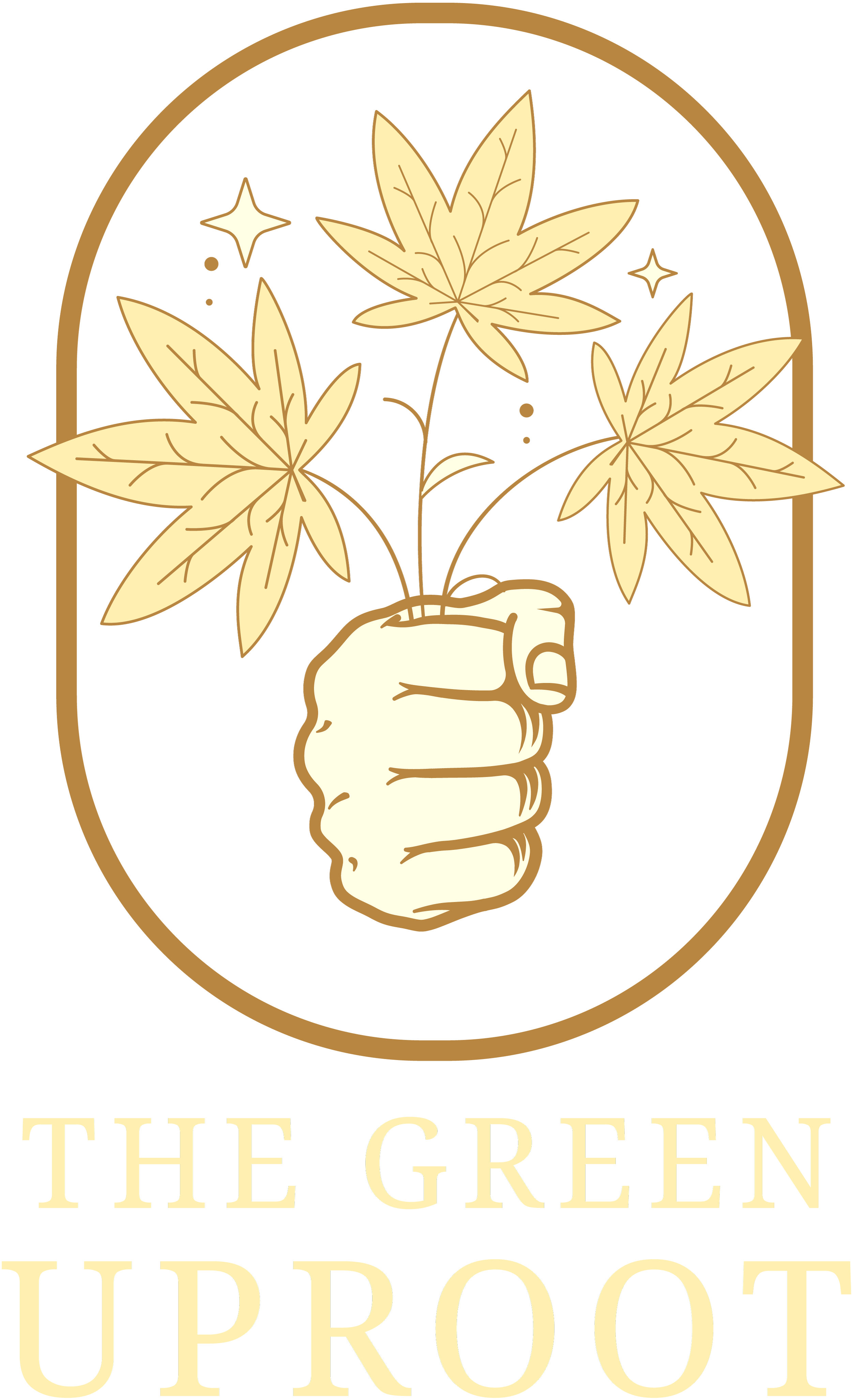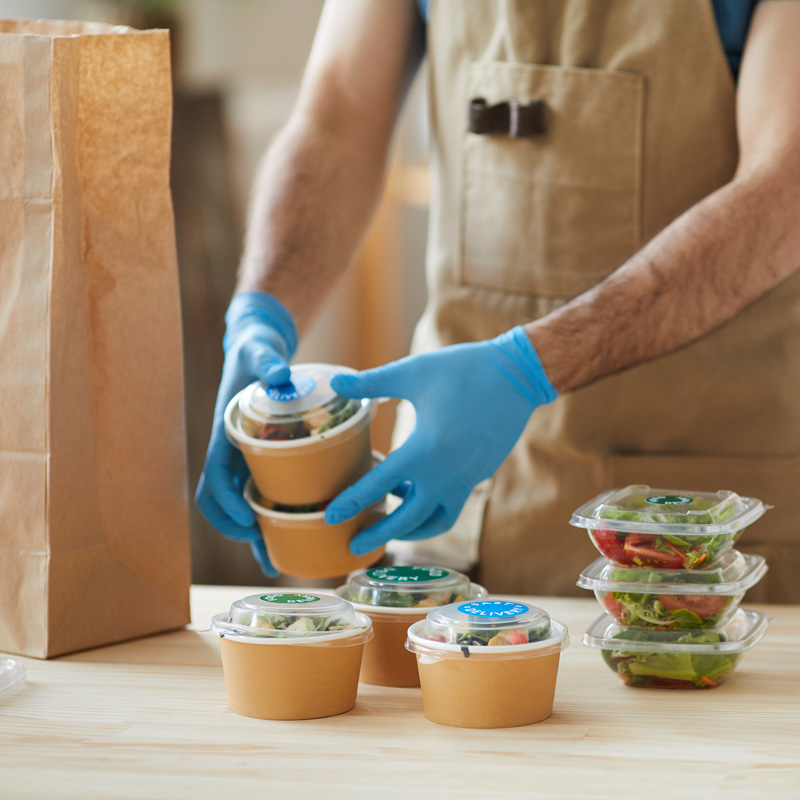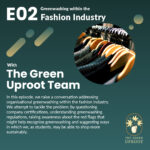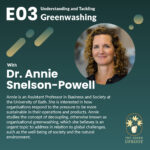Greenwashing is a problem across many industries, but it is particularly threatening in the food industry. It can be difficult to find clean, sustainable products in grocery stores, and lots of people turn to farmers’ markets hoping to find that exact thing. Farmers’ markets are generally seen to get local, organic produce. The issue is, you might think that you are purchasing local produce when in fact there is no difference between these products and the ones from the local shops. At a Canadian farmer’s market, consumers thought they were purchasing products sold from local farms in the Ontario region (1). After a bit of investigation, it was found that some of the stands were buying produce from normal wholesalers earlier that morning and removing the labels before selling the products later at the market. Some of the produce was being shipped all the way from Mexico and then marketed as fresh from local farms (1). These outright lies are stark examples of greenwashing, but they demonstrate the concept flawlessly. Currently, companies are often allowed to market their products as eco-friendly without repercussion because there are few legal definitions for things like sustainable, all-natural, freshly, or locally grown, etc. For instance, Frito-Lay developed the ‘Natural Lays’ potato chip line (2). The bag design changed to advertise the changing ingredients. However, the ingredients were only slightly modified to use sea salt and sunflower oil (2). These are still just the same ingredients marketed with the blanket statement of being ‘natural’. Ultimately the change in ingredients does not benefit the consumer’s health nor does it help improve the environment. Our advice: try double-checking products that use buzzwords or make vague and overarching claims. It could very well be that the product and the company truly are making efforts to improve our environment; however, it’s worth doing a bit of research to make sure that your business is supporting a worthy cause.
Companies not only greenwash the products you consume but also the packaging in which your food is distributed. If you have ever decided to enjoy a cold Coca-Cola or Pepsi on a hot day or needed to make a quick Nestle instant coffee in the morning to warm you up, you’ve used products made by the three leading companies in plastic waste and pollution (3). You can clearly read the statements on Coca-Cola packaging stating their eco-friendly efforts, and on the exact same bottle realize that these efforts are false claims. Coca-Cola bottles often market themselves as ‘100% recyclable’, but after reading the small print one can find that ‘100%’ only applies to part of the bottle and excludes the cap (3). The second the cap is left on the bottle; it becomes yet another item that cannot be recycled. Coca-Cola is among many companies to use this mismarketing technique. Nestle advertised an eco-friendly bottle that would be easier to recycle (4). Initially, this sounds like a fantastic idea. Nevertheless, although the bottle might be easier to recycle, the plastics used to make it are too diverse to create new, high-quality materials that could be used in a new product (4). These large, corporate companies are not alone in their greenwashing efforts. Starbucks recently designed a new lid for their drinks that does not involve the use of straws (5). This was a major development and gave a spark of hope in the fight for cleaner oceans and fewer pollutants. Starbucks failed to mention that their new design uses more plastic per unit than the previous cups that used straws (5).
These companies are aware that there is an increase in the number of people who want to help save our environment, and they are using this to their advantage. Marketing their products as eco-friendly is beneficial to their profitability, even if the actions don’t quite meet their claims. This can make it very difficult for the conscious consumer to make smart decisions when it comes to purchasing food. The best thing you can do is really investigate what companies you are buying from. Sometimes even the packaging itself exposes the greenwashing, so you might need to inspect your products a bit more when moseying through the shops. We know this means taking a bit of time to do some research, but it might save you from choosing a product you thought was environmentally friendly when it is not.
References:
- CBC Radio Canada. Available at: https://www.cbc.ca/news/business/farmers-markets-lies-marketplace-1.4306231 (Accessed: December 17, 2022).
- The Sustainability Co-op. Available at: https://thesustainabilitycooperative.net/2017/02/09/greenwashing-the-secret-of-the-food-industry/ (Accessed: November 12, 2022).
- Green Queen Media. Available at: https://www.greenqueen.com.hk/earth-island-sues-coca-cola-over-greenwashing-claims-false-advertising/ (Accessed: December 18, 2022).
- Euronews. Available at: http://www.euronews.com/2018/04/19/why-recycling-is-not-the-answer-for-fighting-the-plastic-pollution-problem (Accessed: December 5, 2022).
- Earth.Org Ltd. Available at: https://earth.org/greenwashing-products/ (Accessed: November 22, 2022).



